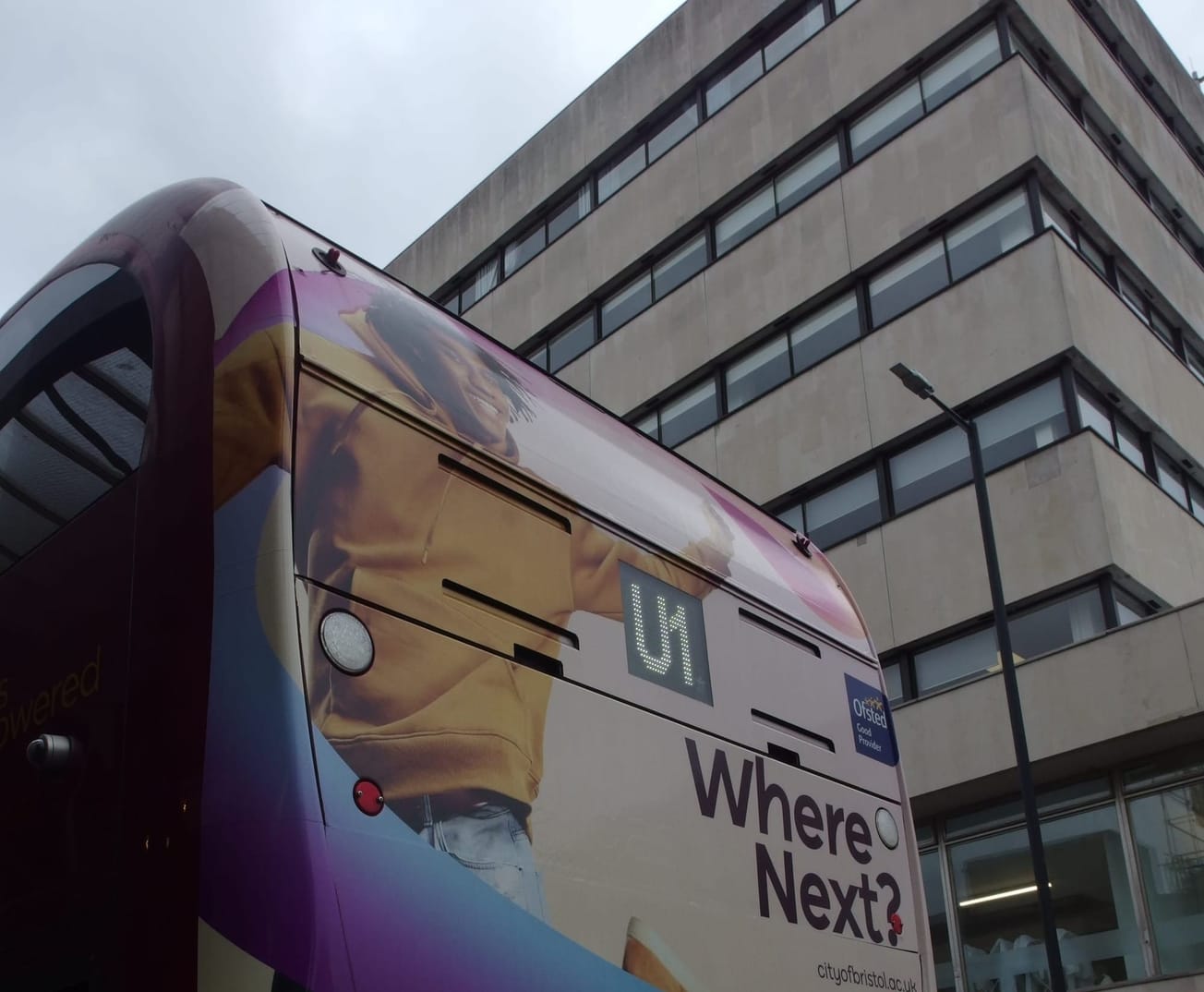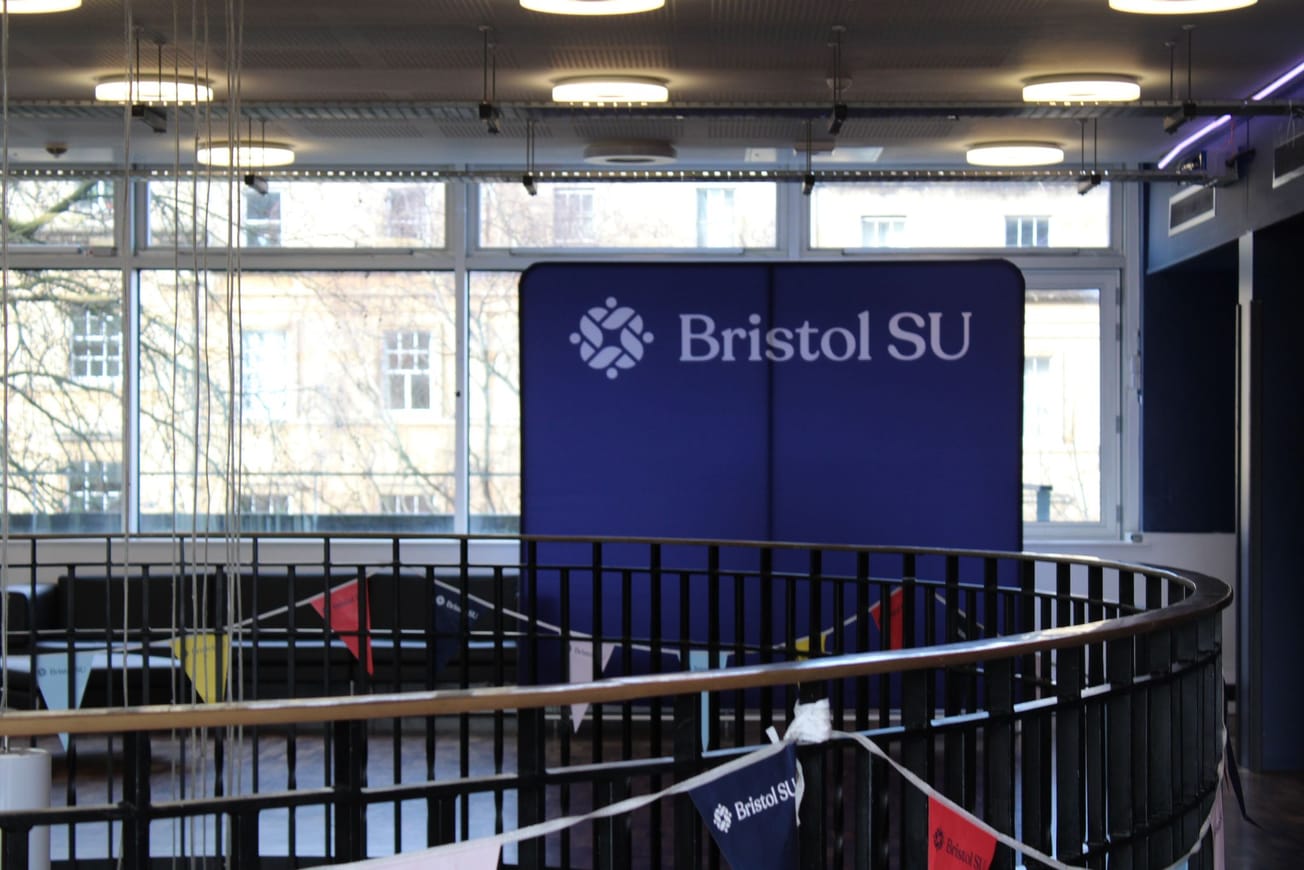By Grace Bourne, Second Year, History and French
With first term coming to a close, Grace Bourne reflects on the measures currently in place to prevent sexual harassment on campus and whether this is enough.
Whilst this article specifically addresses the sexual harassment of women and girls, it is crucial to acknowledge that sexual harassment can affect anyone and it is important that all individuals have access to support should they need it.
Sexual harassment is a fear young women carry with them every day, and a reality for so many. Most young women currently at university were between 15 and 19 years old when Sarah Everard was raped and murdered on her walk home, the age when many were first gaining their independence and exploring the world on their own. This was a defining moment in our adult lives and brought sexual harassment, assault and rape to the forefront of our fears. We are aware of the threat posed to us and we have been told again and again what we must do to avoid the dangers of sexual harassment. So is the university, an institution that is at least in part responsible for our safety and well-being, doing enough to ensure that every student is educated? Are they doing enough to inform students, not only of the danger of sexual harassment, but of where to seek support if needed and are they protecting us as well as they should from perpetrators of sexual harassment?
The University of Bristol (UOB) has multiple tools available, including the recently introduced anonymous reporting system, and an available to all risk assessment, in place to prevent sexual harassment on campus. However, one of the major problems seems to be that although these protections exist, nobody knows about them! According to a survey done by the Student Union (SU) in 2021, ‘almost half of respondents had experienced sexual harassment since starting university, and 29 percent had experienced sexual assault’. Within this, only ‘11 percent of students had reported their experience of sexual assault to the university.’ The fact that ‘40 percent of students who did not report sexual assault […] did not know where to go or who to tell’ would suggest that the university has a major problem. If in 2021 they were not sufficiently educating students on the help available to them, are they doing better now?
In writing this article I started to contemplate my own time at UOB and thinking back I don’t remember ever hearing about the options available for support if I were to be a victim of sexual harassment. I heard about Residential Life if I needed mental health support, I was told to go to my tutors if I had an academic dilemma, but not once was sexual harassment explicitly mentioned as an issue for which I may require specific support. Considering that violence against women and girls was declared a national emergency on the 23rd of July 2024, this is somewhat surprising. Thus, I would not with full conviction say that I was educated by the university about sexual harassment, or the help that is in place if I were to need it. The reporting tools are there – we just don’t know about them!
After thinking back on my time here, I started to consider the hypotheticals, which upsettingly are realities for so many. What would I do if something did happen? I looked at the reporting process on the SU website: I can receive support from a Sexual Violence Liaison Officer (SVLO), and anything said would be kept confidential unless I said otherwise, so far so good. If I decide to make an official report to the university, I will be referred to the Student Resolution Service, which covers a thorough process involving both me and my hypothetical perpetrator, so far fine. I would not be able to delay the result if it came on the day of an exam (for example) and the levels of upheaval caused for survivors seem to not be a priority, so far not so good. After this process I would not be able to appeal, my perpetrator could, definitely not good. In his introduction to the 2021 SU survey, the Equality, Liberation and Access Officer between 2019 and 2021, recommended developing ‘trauma-informed and survivor-centred approaches to protect students.’ Looking at the current established processes, other than support from an SVLO, there appear to be very few survivor-centred measures in place.
I have been in contact with someone, now graduated, who recently experienced the UOB reporting process first-hand. She described that ‘they instigated all the necessary formalities but had little regard for our wellbeing’ and one person asked her if she was ‘sure’ it wasn’t just ‘club gossip’. She was not properly protected when trying to seek help and support despite following all the right steps. It’s just not good enough.
I spoke to Katie White, co-founder of the Enough not-for-profit, which is a survivor informed solution to prevent sexual harassment and has been a huge presence on the UOB Campus in recent weeks. Katie expressed that after engaging with students it became clear that bringing the issue of sexual harassment/assault into the open ‘gives students confidence and reassurance, not fear’, ‘equips them to help friends’ and will ‘create a general cultural change that says we’ve had enough.’ I thought about the impacts Enough had had on the student body; it shows me that the most important thing is for the conversation to exist. She argues that the conversation not only helps to empower young women, but can also act as a ‘deterrent for perpetrators.’ For the university, this should mean not just including students in conversations about tackling sexual harassment, but actively facilitating a dynamic and helpful discussion of the dangers of sexual harassment and ensuring that students know what steps to take if they need help.
Does the university do enough to educate and protect us? No. The foundations are there, but there needs to be more. Support which already exists must be made known to all. Protection for the wellbeing of victims of sexual harassment/assault needs to be more survivor-centred and trauma-informed. There are measures that exist which could have a considerable impact on levels of sexual harassment and reporting, and would be invaluable to victims of sexual harassment/assault; these changes need to happen now.








